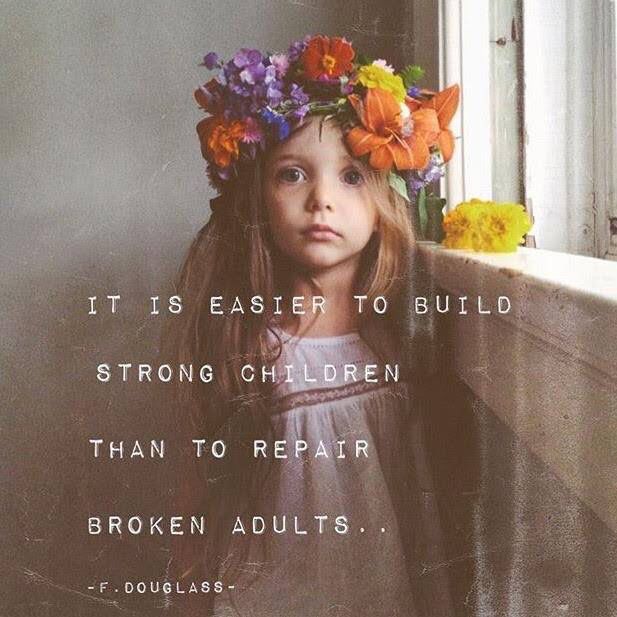Emotions play a decisive role in transforming a child into a happy and prosperous adult, however, if a child’s emotional development denies, will he suffer as a result of a wide variety of personal and social problems throughout his or her life?we will raise vulnerable children instead of strong children.
But the truth is that being responsible for children’s emotional education is no easy task, that is, making the child understand that feelings have as many nuances as colors, even if he doesn’t see them, can seem complicated.
- Emotional awareness is the best vehicle for change in our lives.
- We need to be aware of the causes of frustrating and negative feelings.
- Or positive and pleasant feelings.
- In order to find ways to encourage.
- Understand and control them.
If we can do that, we will allow children (and future adults) to have feelings about their own feelings, that is, they will be strong children. While this sounds redundant, this ability is important to be a good emotional communicator and, therefore, to strengthen your own inner and social self.
Teaching children to observe, communicate and know their emotions will contribute to their vital development and success, in fact, first of all, we will avoid being vulnerable to other people’s conflicts.
A good example of what it can mean to acquire these skills to raise strong children is found in the book “Emotional Intelligence for Children?”By Shapiro Lawrence:
“Martin is a six-year-old boy whose parents were going through a very damaging divorce process. Martin’s father insisted that he catch a plane to visit him in Boston every weekend, while his mother had custody during the week in Richmond, Virginia. Martin barely spoke throughout the two-and-a-half hour trip and insisted on going to bed as soon as he reached one of his two houses. After two months of this system, Martin began complaining of stomach upset and his teacher noted that at school he hardly spoke to anyone.
At the guard hearing, Martin’s lawyer asked him
What’s it like to visit your dad every weekend?
? You don’t know Martin answered.
Are you happy to see your dad when he gets to Boston?”, He sought out his lawyer, controlling his own emotions and trying not to induce Martin to respond.
? You don’t know Martin answered again, in a monotonous tone barely heard.
Do you feel good living with her during the week?” asked the lawyer, aware that she would only get an answer from Martin during the process.
? You don’t know,” Martin said again, and nothing in his behavior suggested that he know.
Depriving our children of proper emotional development will result in an inability to understand and evolve according to their feelings and emotions.
As we have clearly seen in this example, this causes great suffering that our children should not suffer. It turns out that a child’s ability to translate emotions into words is critical to meeting their basic needs. express themselves emotionally, gradually they will become strong children.
This works because the words that describe emotions are directly related to feelings and their physiological and emotional expression (for example, a child needs to know that anxiety is associated with slight change in pulse, an increase in blood pressure, and high blood pressure in the body).
If children grow up in an environment that suppresses feelings and prevents emotional communication, they are likely to grow up as emotionally stupid people.
Thus, although we can learn the language of emotions throughout our lives, people who speak it from a young time express it more clearly, so they are more emotionally and socially competent, which opens the door to vital success and realization. of his dreams.
Therefore, the “obligation” is fully justified. Moral that we must all cultivate this vital aspect in our children, for it is only by creating strong children that we will avoid having to repair so many adults shattered by loneliness, mistrust and self-love. and for society.
Images courtesy of Claudia Tremblay and Karim Taylor

